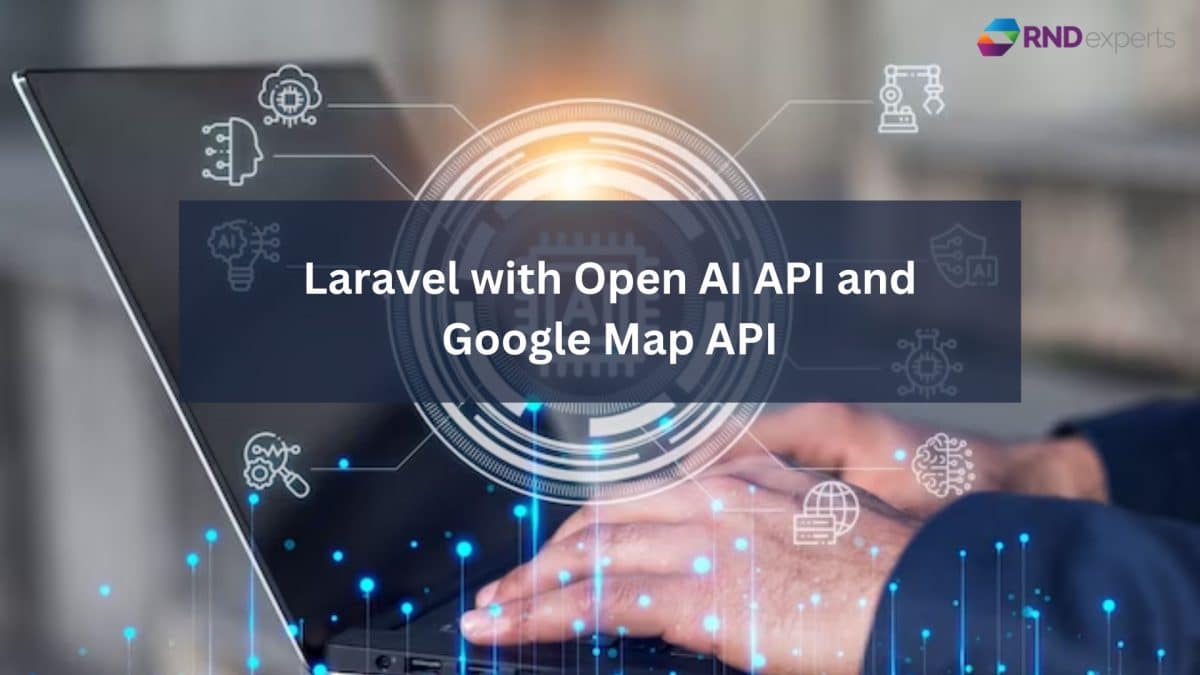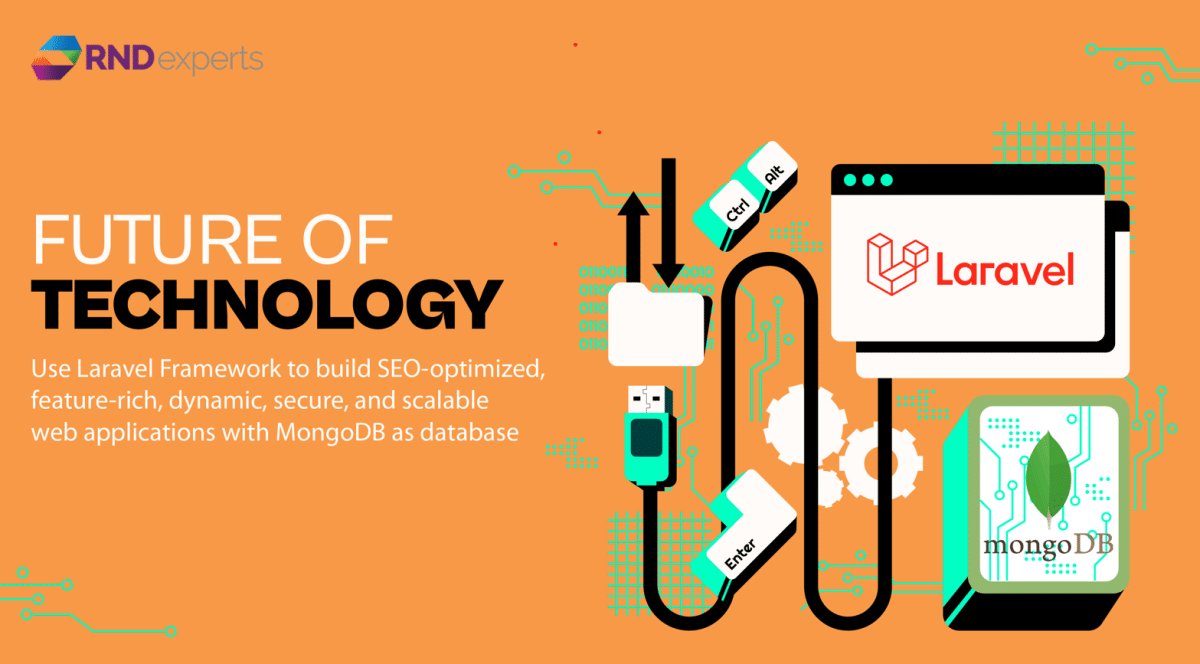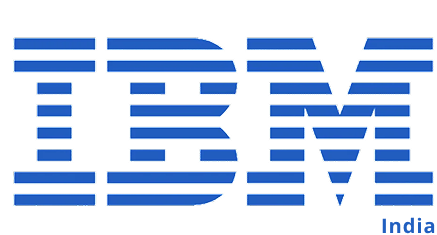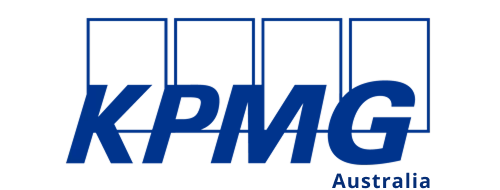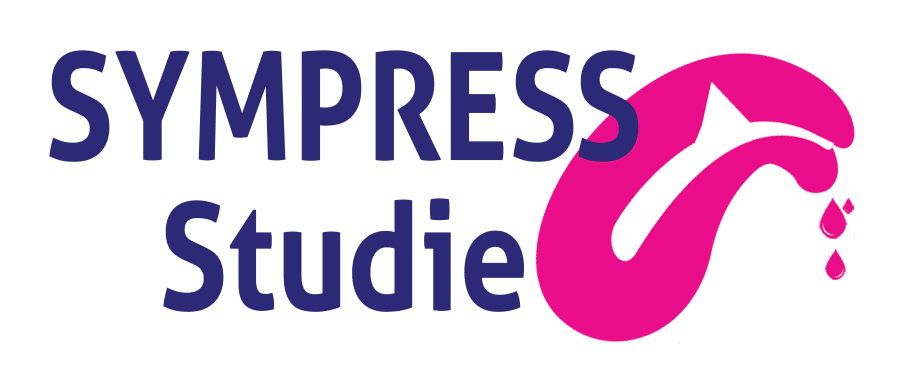Laravel, a popular PHP framework, opens up exciting possibilities. When combined with APIs like Open ai & Google Maps. In this blog post, we’ll dive into the world of Laravel. We explore how it can be used in tandem with the Open ai API. Google Maps API to create powerful and intelligent web applications. Laravel: Read More…
